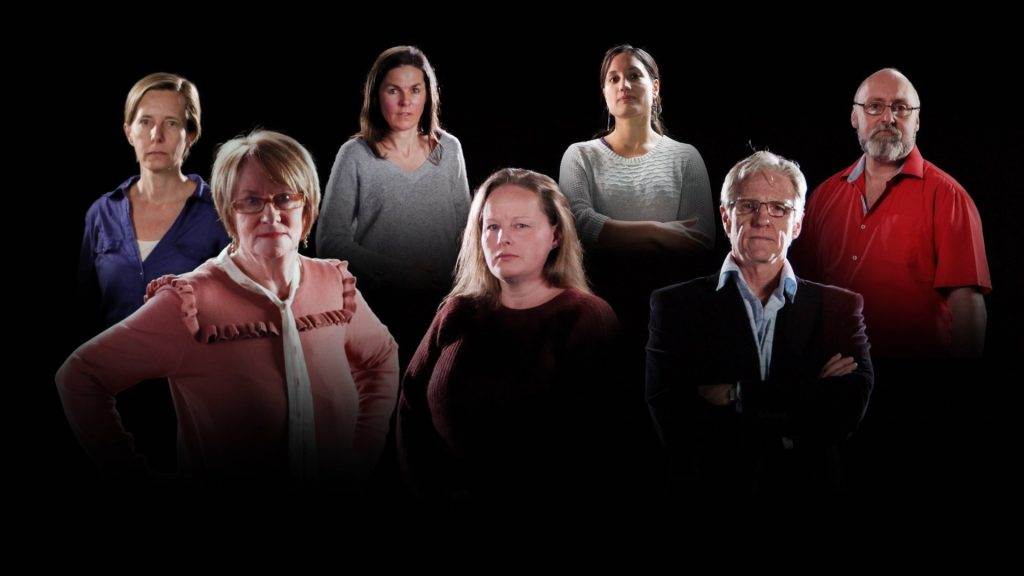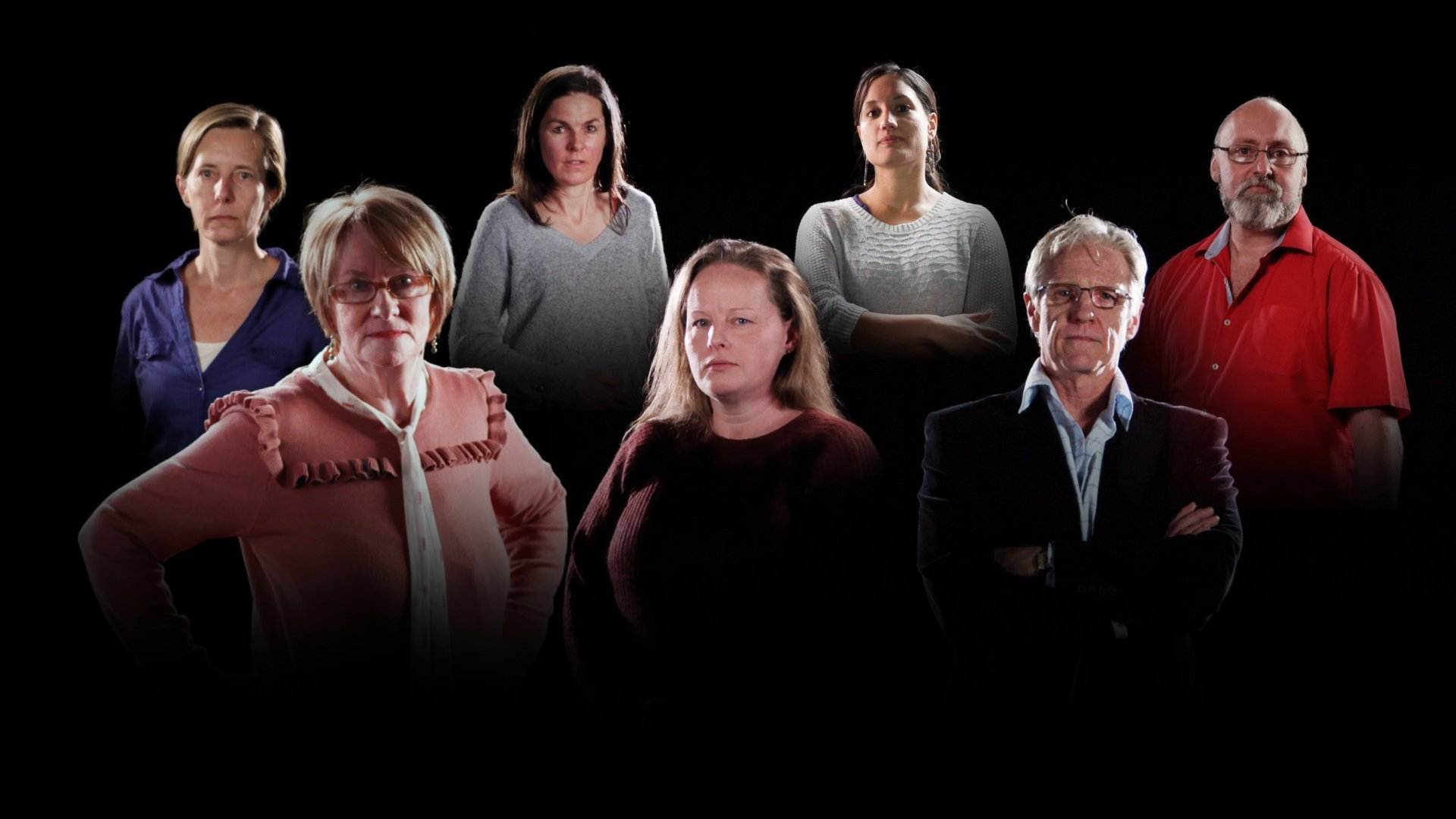
Last night’s Four Corners program exploring residential aged care was one of the ABC’s largest, crowd-sourced investigations. The ABC received more than 4000 submissions from concerned staff, families, sector advocates and insiders. It resulted in a compelling account of failure upon failure in our aged care sector. Chillingly, there were no real surprises. Tales of neglect and abuse, control by medication, are almost routine to anyone who follows the sector.
That Four Corners uncovered further evidence of cruelty, neglect and lax governance is of no surprise to anyone aware of a 2017 Monash University study into preventable deaths in aged care. Here, choking and falls were almost routine – incredible when you consider how risk-averse aged care environments are designed to be, and that many meals take place in common areas. That the study also found evidence of self-harm, suicide and even murder – a shocking indictment for a sector with a duty of care for society’s most vulnerable.
In the aftermath of this and other recent aged care scandals, the government had already committed funding for more robust compliance ($253.8 million allocated for an Aged Care Quality and Safety Commission). The recommendations from the 2017 Tune Review of the Aged Care legislation also clearly articulated pathways to address the many gaps and failures of the system.
That residential care is critically understaffed was a key message from last night’s program. This should not be news to anyone (perhaps especially to PM Scott Morrison, who has been accused by Labor as having removed significant funding in the 2016/17 budget). But as the Four Corner program implied, in this industry, profits rule. The highest cost in residential care is staffing, so regular calls for mandatory staffing quotas (as found in Victorian state-run homes), are consistently ignored by a ‘big nursing home’ industry known to aggressively minimise tax while keeping staff – and pay – at a minimum.
A free market model of care also means that smaller – and arguably more consumer-centred providers – often go under. Many rural and culturally-specific service providers are unable to secure adequate funding though an Aged Care Funding Instrument (ACFI) which offers perverse incentives to maintain a ‘high care need’ (i.e. expensive to care for) population.
Funding structures to incentivise providers who deliver the best quality of life for residents is a no-brainer in the short-term. Robust regulation of safety and quality standards will need sufficient up-front funding from the get go, to ensure the heartbreaking examples so graphically detailed in last night’s Four Corners are an anomaly and not the norm. It is also key that criminal behaviour is prosecuted in the courts – and not just as individual cases, but through a lens of corporate duty of care. If we look at the statistics around preventable deaths in aged care – more than 21,000 across a 13 year period – it is clear that we need to take action far beyond regulation.
Even if charges of corporate manslaughter were to ever apply in such instances, that will only address immediate issues. For the longer-term, Australia needs to engage in broader community debate around our preferred vision for ageing in Australia. We need funding that empowers older people to themselves design our aged care model; to articulate what we will all want when we become dependent on care from others to retain our dignity.
Once the Royal Commission turns our aged care industry inside out, we need to turn it upside down; to refocus on quality of life in aged care – not simply on medical models of containment that seem to prevail under current policy. Answers may be found outside the sector. The vested interests of the aged care industry – even stakeholders with the best of intentions – encourages the sort of ‘group-think’ we saw from the CEO of Leading Aged Services Australia in the Four Corners program. We need to go outside of the industry if we are to drive innovation and bring in expertise from sectors such as education, where we see community-integration and co-location of services bringing whole-of-community rewards.
Across OECD countries, innovative examples of residential care and aged care funding abound: multigenerational support in Scandinavia, dementia villages in the UK; mandatory levies ensuring a diversity of care options in Japan. Australia itself has innovative examples such as the Eden model, but unless we engage in a broader conversation around our cultural attitudes to ageing, to disability and others experiencing vulnerability, the prevailing ethos of free market efficiency and profit will continue to crowd out quality of life imperatives.
Overwhelmingly, older people want to age-in-place. Just because we grow frail, or experience dementia, doesn’t mean that we don’t want to remain a valued member of the broader community – why would it?
It seems unlikely at this stage that the Royal Commission will bring significant new findings, So much evidence is already in the public domain and solutions clearly deliberated and articulated. This doesn’t mean the Royal Commission shouldn’t take place, however. It is critical that we continue to bring institutional abuses into the light and that grieving families – and there will be many – get to tell their stories.
But will it draw a final line in the sand? We judge a society by how it treats its most vulnerable. From the top-down we see a celebration of competition and financial success, a lack of empathy for our less able and little evidence of the ‘fair go’ for many vulnerable older Australians. Can the commercialisation of care ever work?

